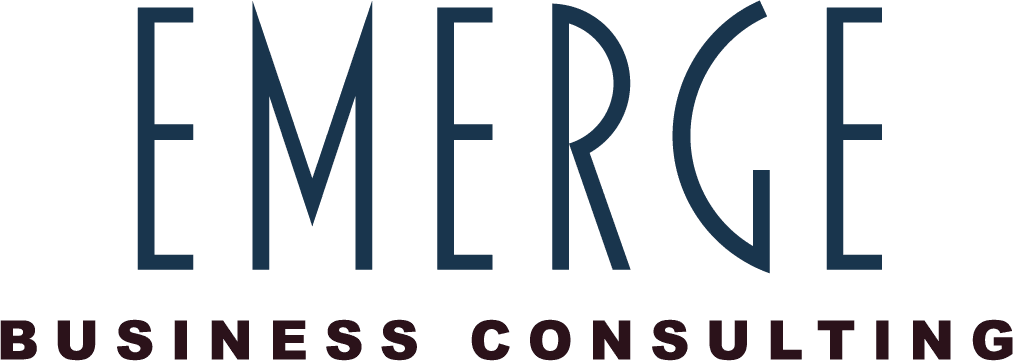- June 9, 2023
- Posted by: Greg Giachino
- Category: Blog

Accounting software plays a vital role in helping businesses manage their financial data, track transactions, and generate reports. However, not all accounting software solutions are created equal. Some software may fall short in providing robust reporting capabilities and efficient consolidation processes. In this blog post, we will delve into the challenges and limitations posed by accounting software with poor reporting and inadequate consolidation features.
Incomplete and Inflexible Reporting: Accurate and comprehensive reporting is essential for businesses to make informed decisions, track performance, and comply with regulatory requirements. Accounting software with poor reporting capabilities may provide limited pre-designed reports that fail to capture the specific needs and nuances of the business. Additionally, the inflexibility of these software solutions can hinder customization options, making it challenging to create tailored reports that align with unique business requirements.
Limited Data Visibility and Analysis: Effective reporting relies on accessing and analyzing relevant financial data. Accounting software with poor reporting features may lack the ability to consolidate data from multiple sources, resulting in fragmented insights. Businesses often need to integrate data from different departments, subsidiaries, or regions for a comprehensive view of their financial performance. The absence of consolidation capabilities in the software can hinder data visibility and analysis, impeding the accuracy and depth of financial reporting.
Time-Consuming Manual Processes: In the absence of robust consolidation features, businesses may resort to manual processes to consolidate financial data from multiple sources or entities. Manual consolidation is time-consuming, error-prone, and leaves room for inconsistencies. It requires extensive effort to reconcile data, adjust for currency conversions, and consolidate financial statements accurately. This manual intervention can be a significant drain on resources and increase the risk of errors and delays in reporting.
Difficulty in Comparing and Analyzing Performance: Accounting software lacking adequate consolidation capabilities makes it challenging to compare and analyze the performance of different entities or segments within an organization. Without efficient consolidation, businesses may struggle to obtain a holistic view of revenue, expenses, and profitability across multiple entities. Consequently, decision-making processes can be hindered as it becomes difficult to assess the overall financial health of the business or identify areas that require attention or improvement.
Compliance and Regulatory Challenges: Compliance with financial reporting standards and regulations is crucial for businesses, especially if they operate in multiple jurisdictions or deal with complex financial structures. Accounting software without robust consolidation features may not be able to generate consolidated financial statements that meet regulatory requirements. This can lead to non-compliance issues, increased audit risks, and potential legal consequences.
Inefficient Audit Processes: Poor reporting and consolidation capabilities in accounting software can have a significant impact on the efficiency of audit processes. Auditors require accurate and easily accessible financial data for verification and validation. Inadequate consolidation features can result in fragmented or incomplete financial information, leading to additional audit inquiries, delays, and increased audit costs.
Conclusion:
Accounting software with poor reporting and limited consolidation capabilities can severely impede a business’s ability to generate accurate and comprehensive financial reports, make informed decisions, comply with regulations, and streamline audit processes. The absence of flexible reporting options, limited data visibility, time-consuming manual processes, difficulty in comparing performance, compliance challenges, and inefficient audits are all significant drawbacks of such software.
To overcome these limitations, businesses should consider investing in accounting software that offers robust reporting capabilities and efficient consolidation features. These solutions enable businesses to generate customized reports, consolidate data from multiple sources, compare performance across entities, ensure compliance with regulations, and streamline audit processes. By embracing accounting software with advanced reporting and consolidation functionalities, businesses can enhance their financial reporting processes, gain deeper insights, and make informed strategic decisions. Contact us to learn more.
